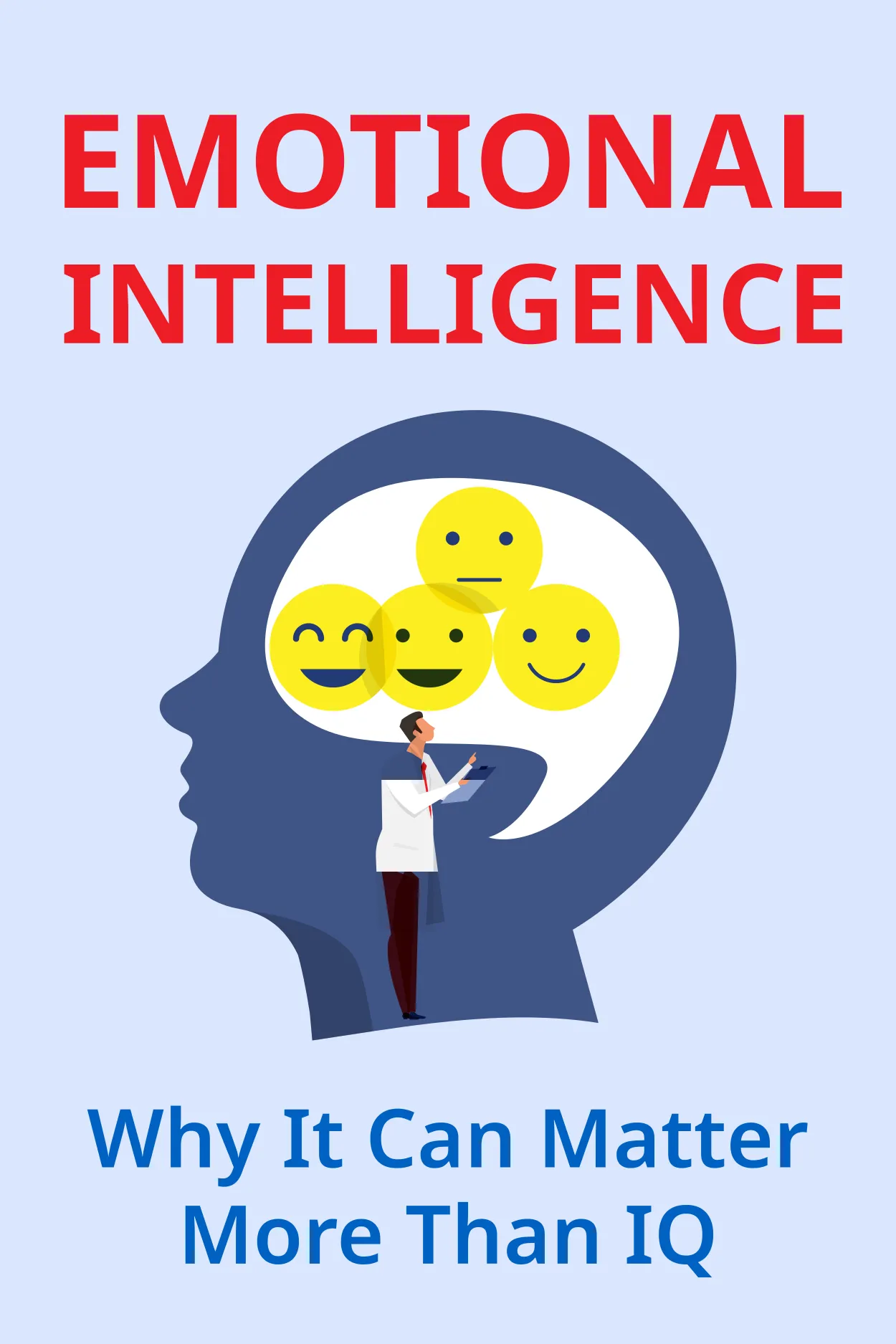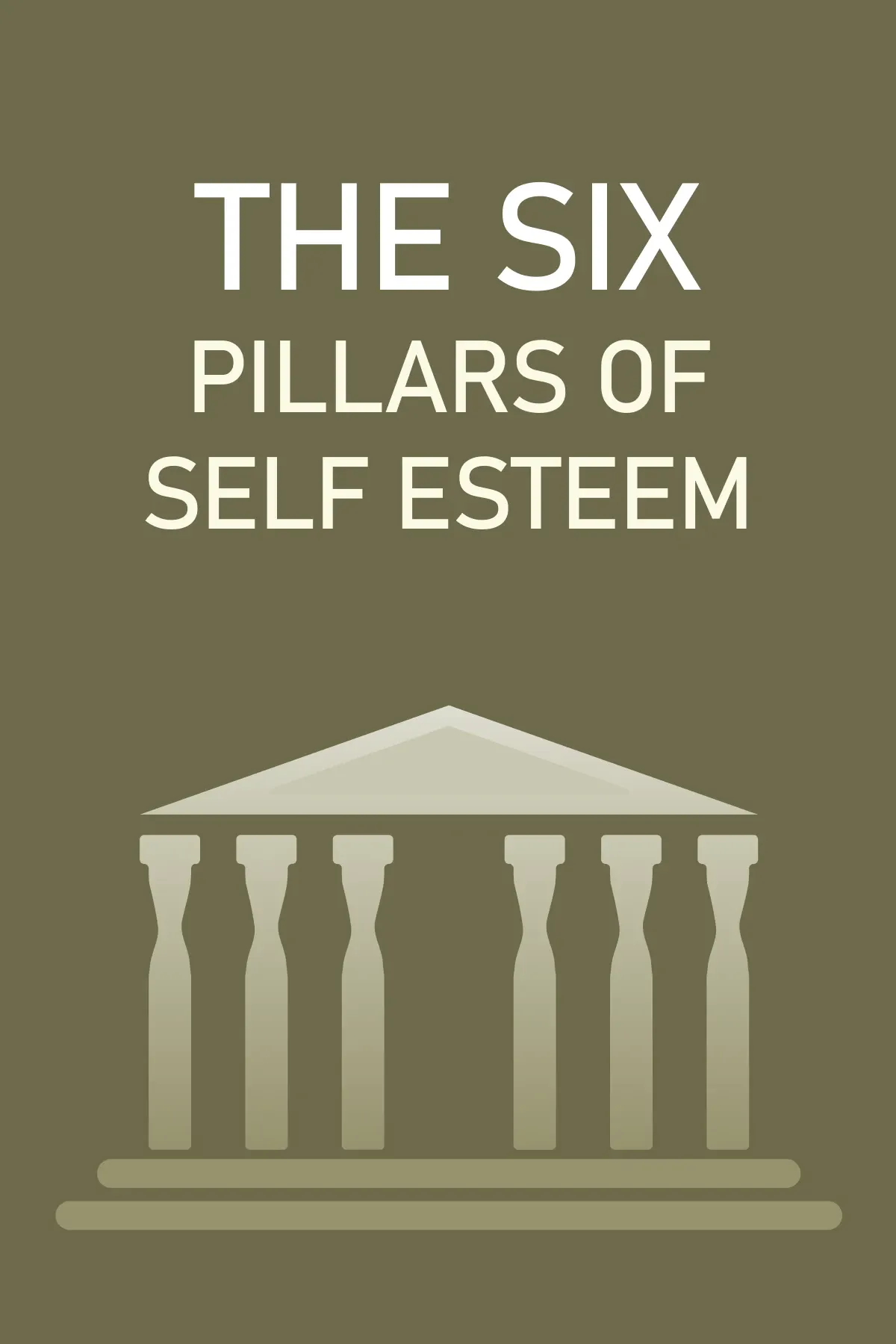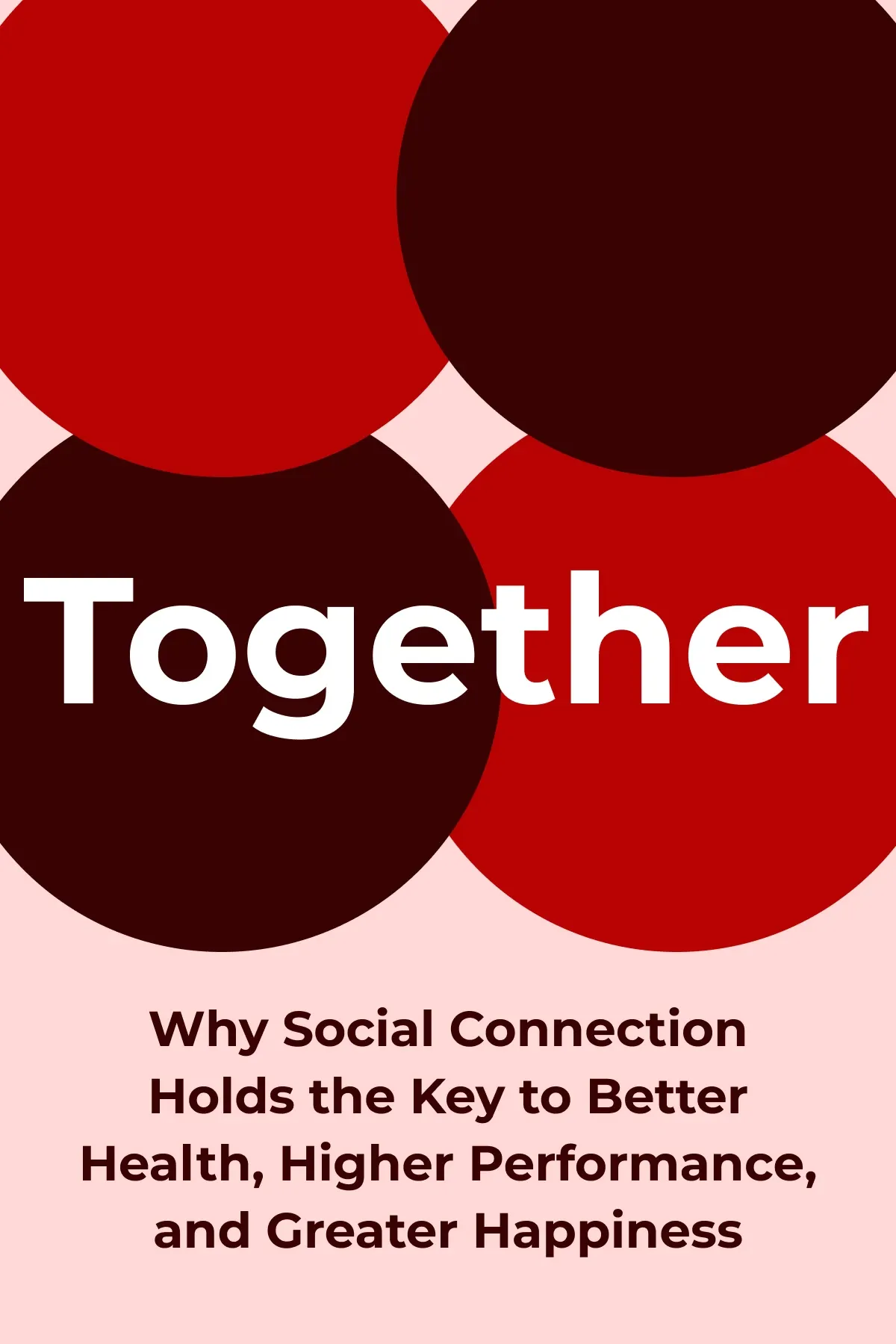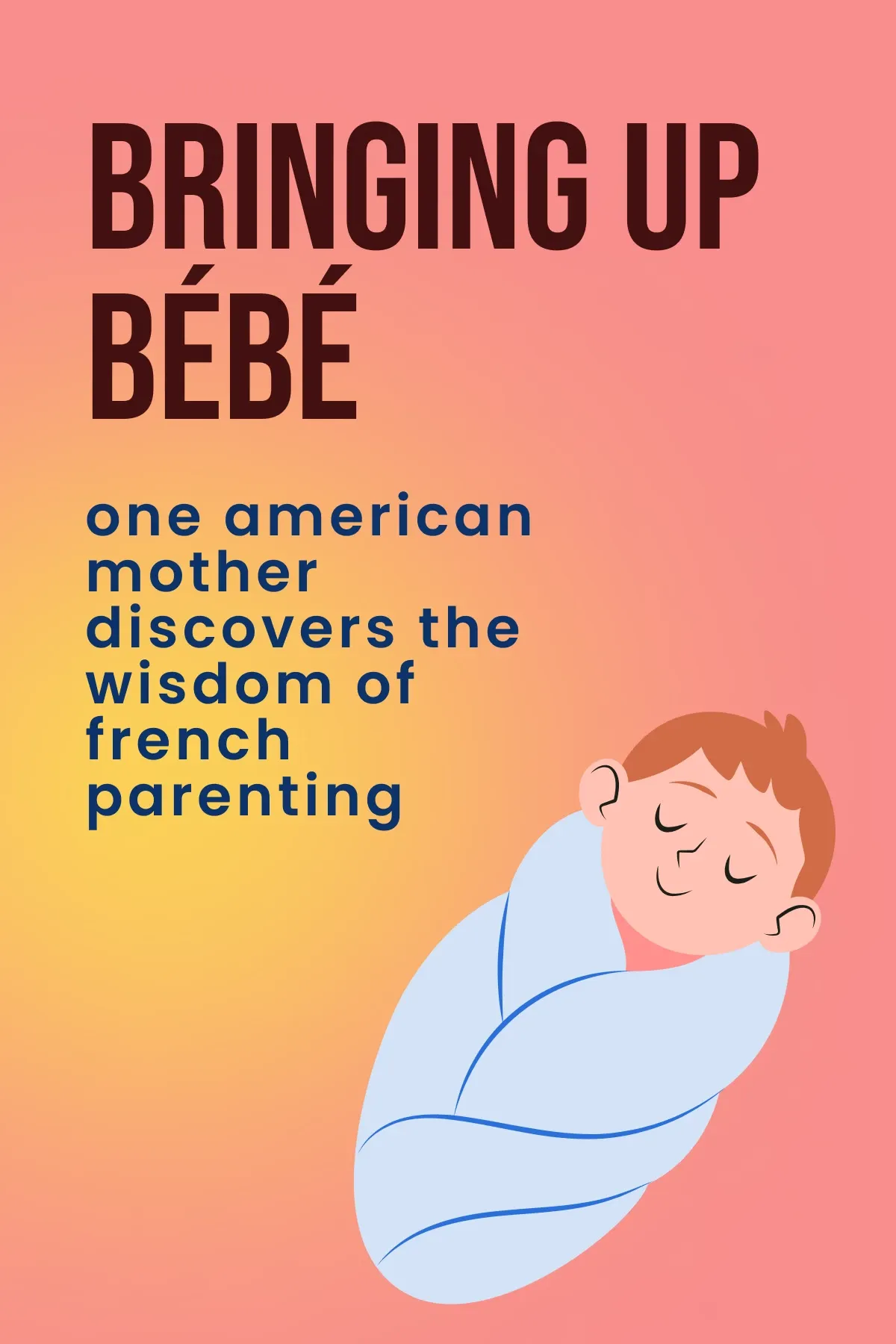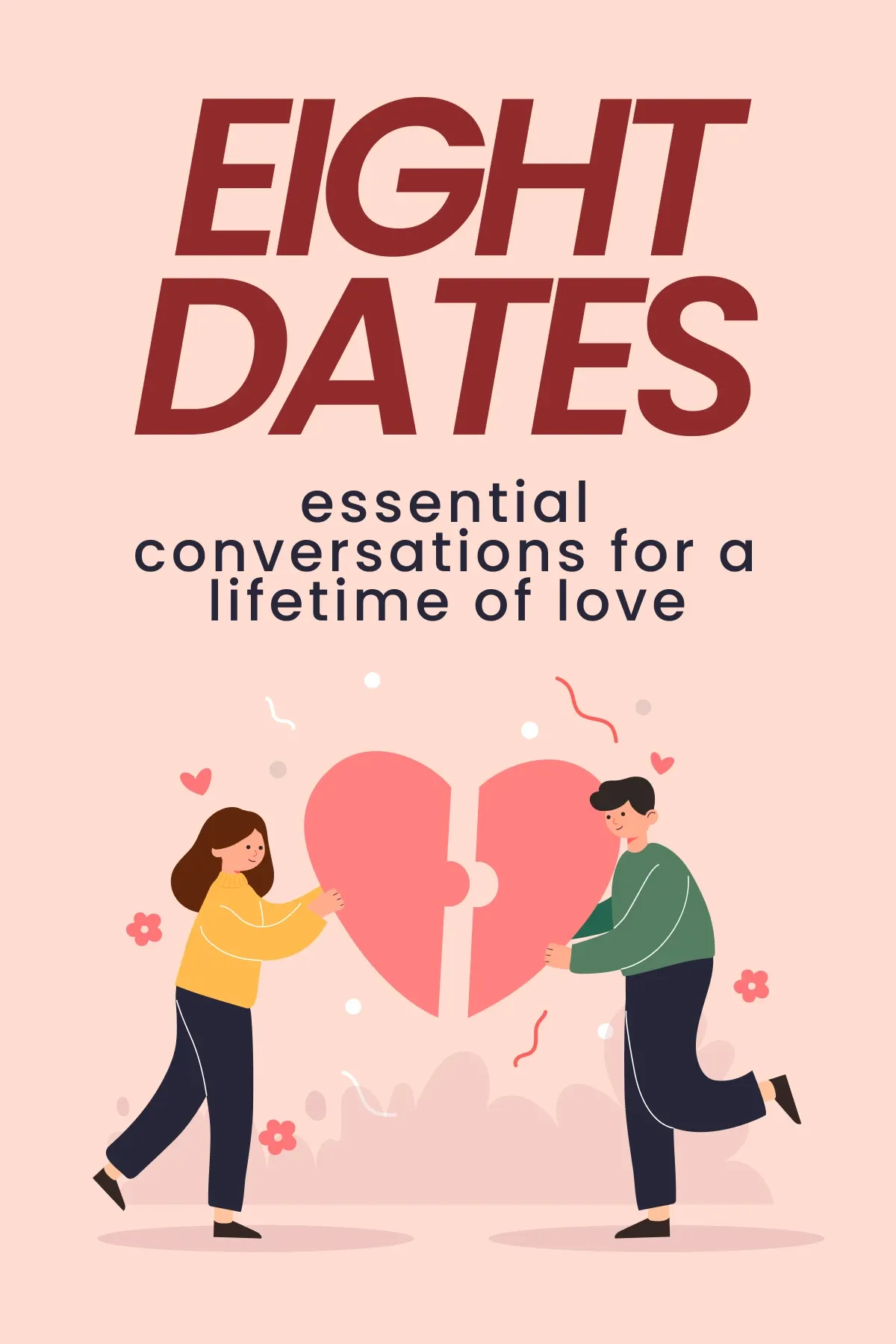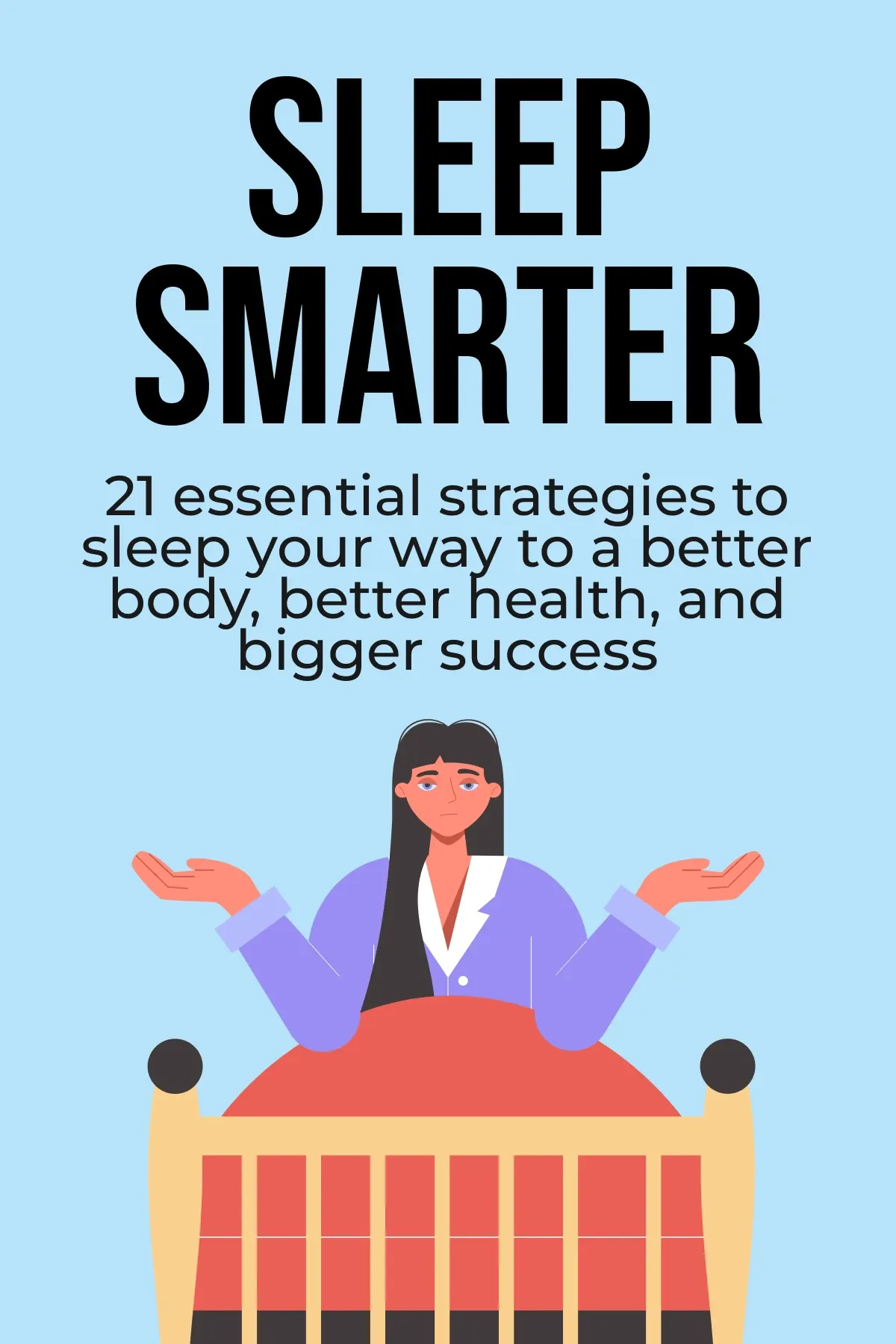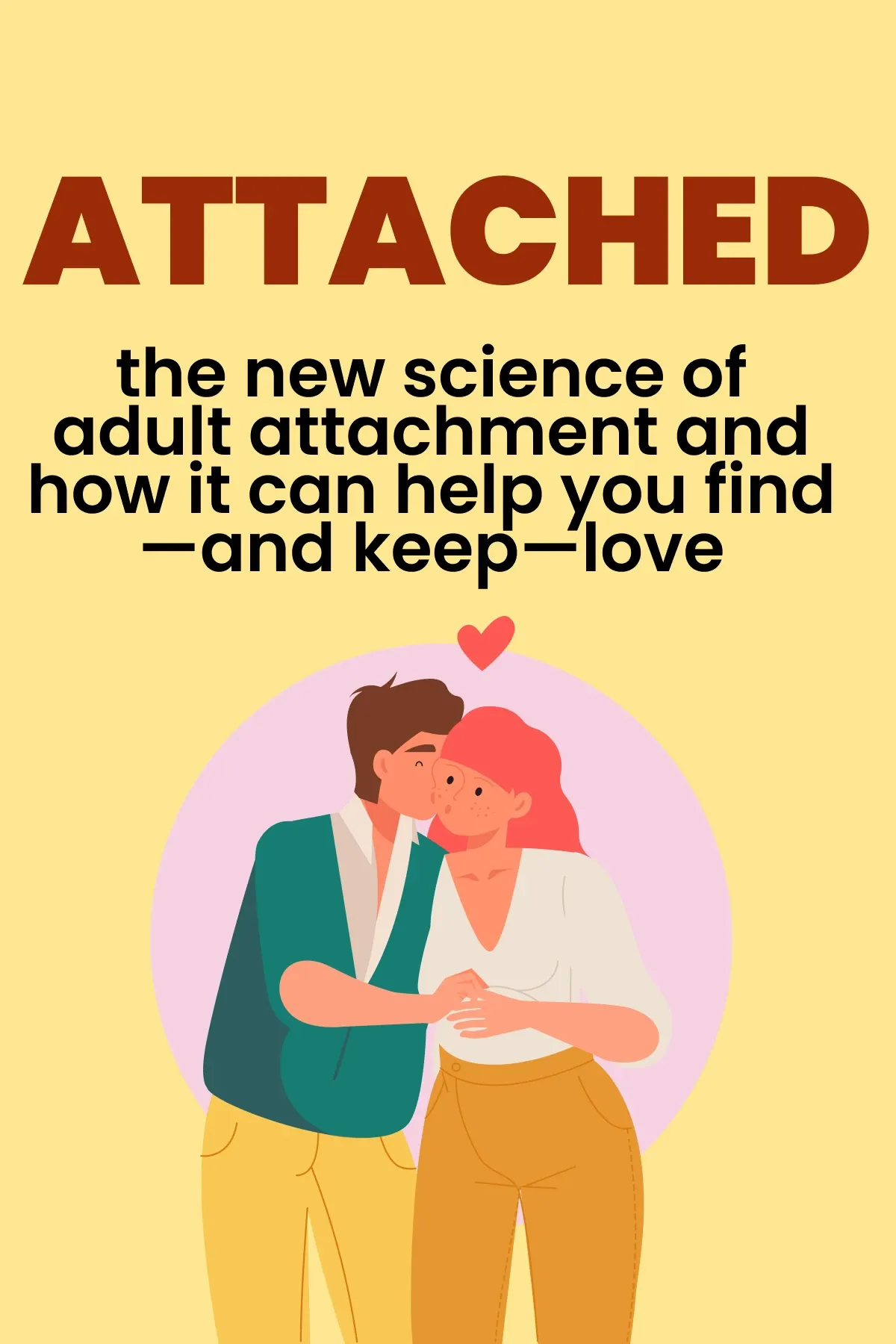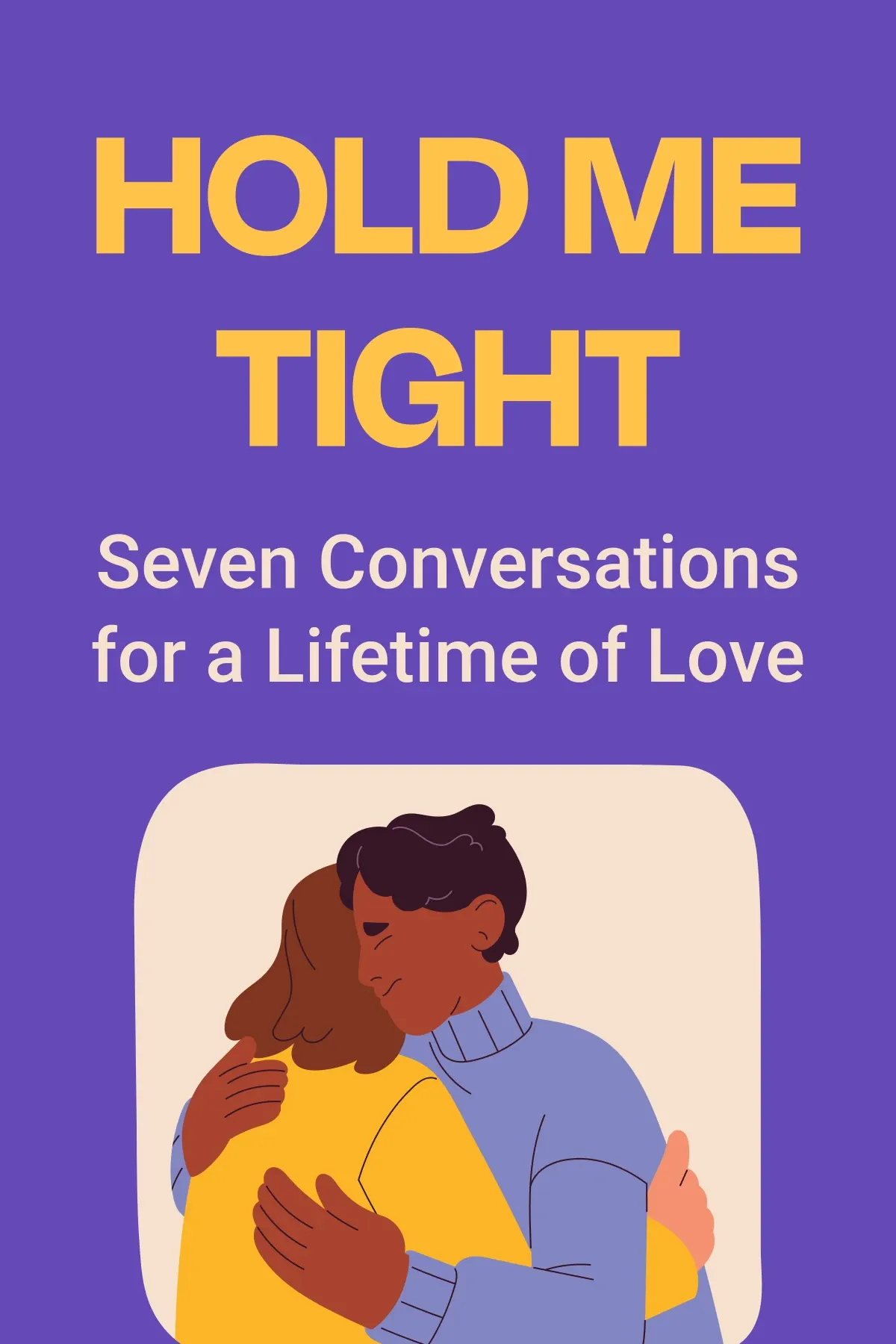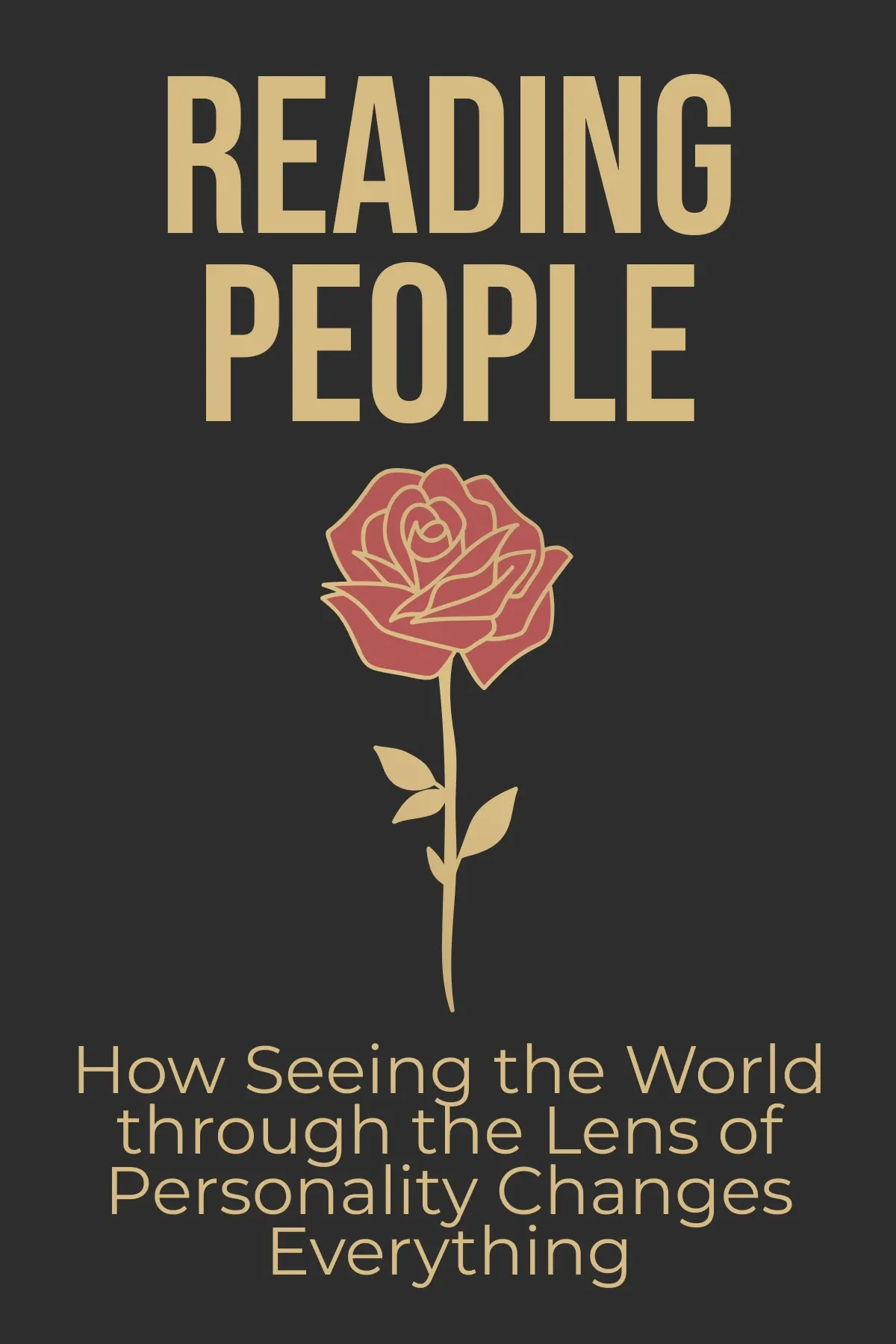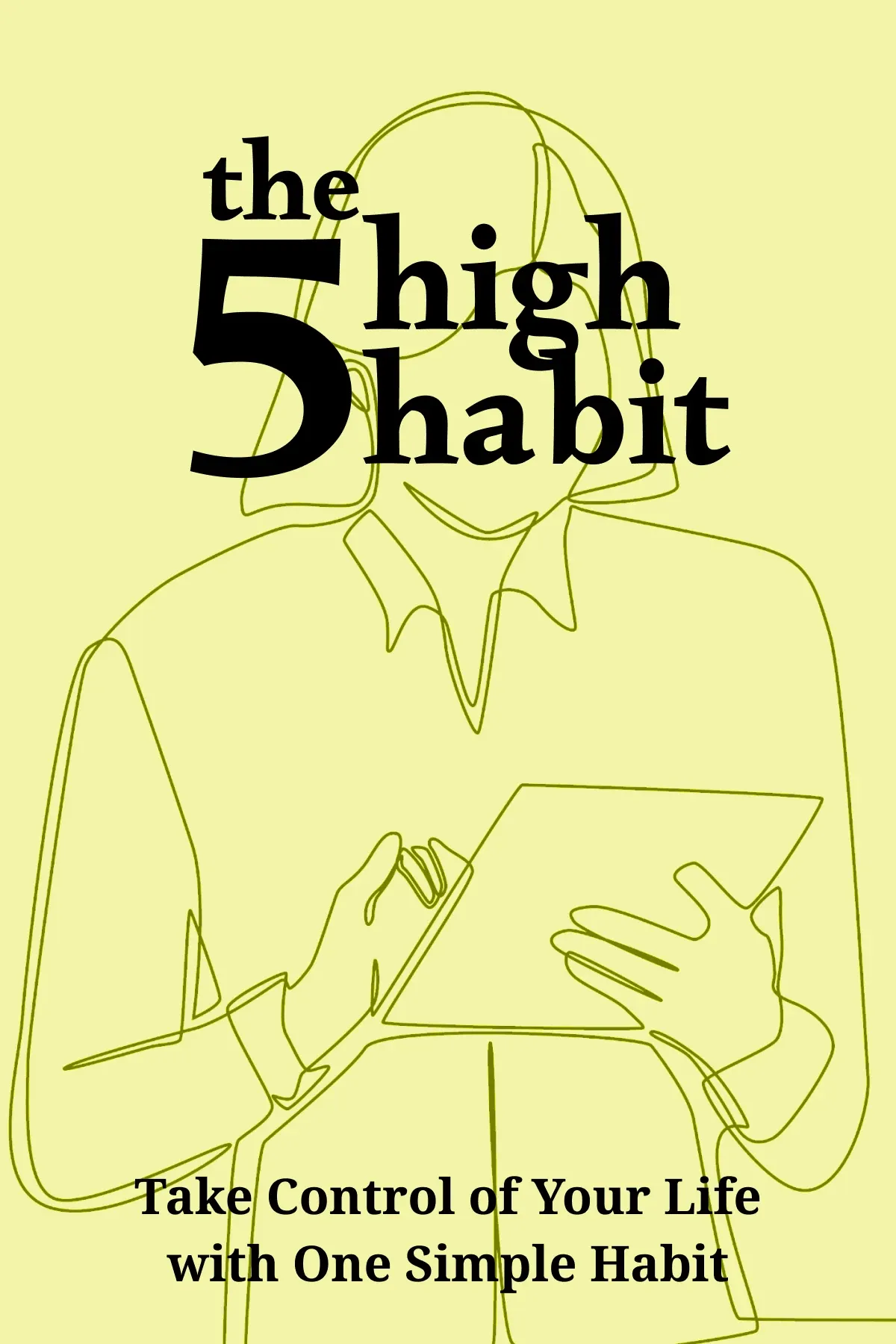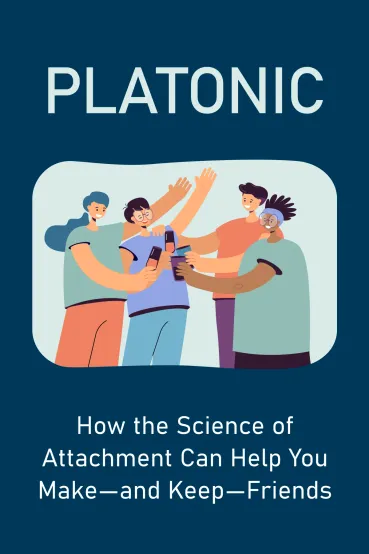
Platonic
Brief Summary
Did you know that high-quality friendships are integral to your well-being and longevity? In “Platonic,” psychologist Dr. Marisa G. Franco offers advice on building meaningful friendships and making them last. “Platonic” will help you overcome doubts and insecurities about finding friends, offer practical tips, and teach you to be a great friend.
Key points
Key idea 1 of 7
In today’s world, society often tells us that finding a romantic partner is the most important thing. Movies, books, and even family expectations seem to place love and marriage at the center of a happy life. But what if we’ve been overlooking something just as powerful, if not more so? Friendship is exactly that.
Harriet was far from a social butterfly—an ambitious woman who did not really have time for friends or anything like that. She met her husband Federico later, and it brought a change to her life. He was a real extrovert, who showed her all of his friends and always took her “out of the cave.” Only now, being a 73-year-old woman, Harriet discovered the power of friendship. After losing her husband a few years ago, friendships gained a new meaning.
After Federico died, Harriet joined a grief group, and for the first time, she learned how to be vulnerable with her friends. Some friendships faded under the weight of her honesty, but others became stronger. One of those was with Shirleen, her oldest friend. They met in college and reconnected years later. Harriet says Shirleen is the person who witnessed her life, and that made all the difference.
Friendships are more than just fun people to hang out with. They shape who we are. They help us become better, healthier, and more fulfilled humans. Yet, they’re often treated as “second best,” just something to enjoy while waiting for “the one.” However, research and real-life stories reveal a different truth: friendships are crucial to our overall well-being.
People who have strong social connections are healthier and live longer. In fact, being lonely is almost as dangerous to your health as smoking 15 cigarettes a day. One study even found that spending time with friends made people happier than being with romantic partners or children. Chances are, this happens because with friends, we are more likely to engage in fun activities.
Friendship can even make the world a better place. Another study shows that having friends from different backgrounds can reduce prejudice and change how we see people outside our own social group. In other words, friendship isn’t just personal; it extends beyond that.
FAQ
You may also like these summaries


